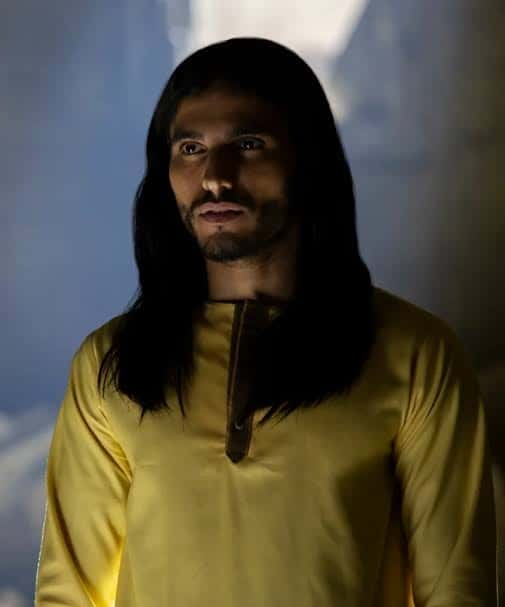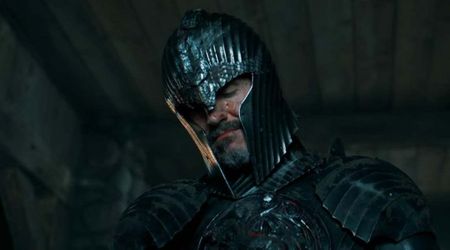'Messiah' review: The show falls short of expectations with a predictable storyline and lack of revealing elements

This article contains spoilers for 'Messiah' Season 1
The much-awaited Netflix original series, 'Messiah' sparked ample controversy with the release of its trailer. Netflix users even threatened to boycott and unsubscribe from the streaming service because of the show's narrative reference to the Antichrist.
With the hype before its release, we were expecting more from the storyline, but the series had a predictable nature. Echoing sentiments of both Islamic and Christian beliefs, it's safe to say that the narrative didn't give us any more than we already know — the series did not deliver the excitement it promised.
The thriller series begins with a man in Damascus, Syria, who preached about God's deliverance to his loyal people during the Daesh rebel attacks and a massive sandstorm.
This storm was able to free the already war-torn city from ISIL insurgents who were forced to either leave or were buried during the storm. People who watched the man began calling him "Al-Masih" or the "Messiah", and he leads a group of 2000 Palestinian Syrians to their "destiny" through the desert into Israel.
No one was allowed into the "Holy Land" and the Messiah was arrested at the border, leaving his followers behind in the desert. Israel ends up under pressure as they are accused of starving the people to death.
With this geopolitical take on Palestine and Israel front, the Messiah raises more than a few eyebrows, bringing in American officials on the case. Cue in government officials from Israel and the United States of America, who watch the phenomenon unfold.

Eva Geller, a CIA agent believes that the Messiah is nothing but a fraud and Aviram Dahan, an Israeli official, is brought in to interrogate the Messiah.
Seemingly being able to know personal details of anyone that interrogates him, the Messiah is able to stun his opponents — he gets a guard to set him free and shows up in Texas during a tornado.
The series goes on to have similarities to the Christian story of when Jesus came to earth. The Messiah is able to heal ailments, bring people back to life, read the minds of others, walk on water and claim to be delivering the message of his Father.
As he continues to gain followers from Texas to DC, the propaganda and corruption of America's involvement in the issue ensue, with reporters flocking to the capital city and following the Messiah's every move.
The entire season focuses on how three departments — Israeli officials, the CIA and FBI — all want a piece of the pie, with Geller focusing on debunking the hoax.

She finds out that the Messiah, whose name is Payam Bolsihir, suffers from a delusional disorder or a Messiah complex, giving the viewers her perspective of the situation.
The series tiptoes between whether he's real or not for far too many episodes, only dishing personal stories of minor characters along the way. The personal stories may seem to tug at heartstrings, but fell short of adding flow to the narrative — it almost felt like the stories were put into the storyline bluntly.
With its modern take on how people in this day and age would react to the coming of a Messiah, the series failed to be anything different from what people would be able to predict.
The progression of character development — both minor and major characters — fell short of complementing the story's original narrative of who this man really was and why he was here.
Personal struggles, political conflict, and religious extremity are the three main themes of the series. The vulnerability of the Messiah's followers allowed them to believe his ability to heal them, governments wanted the problem to go away and extremists took advantage of the situation.

'Messiah' hints on Islamic eschatology and the Bible story of Jesus, but fails to deliver an exciting plot or a relevant climax.
The high hopes and controversy around the show's release raised a lot of expectations, although we feel it was an honest yet predictable portrayal of the modern-day second coming.
It's worth watching, but it's not binge-worthy, but if awareness of social, political and religious upheaval was the goal, we think they got that part fairly well.
Should there be a Season 2, we'd hope that the narrative add a little more character and shock element rather than rehashing the war of religious scriptures versus the millennial world.
All episodes of Season 1 of 'Messiah' are now streaming on Netflix.










